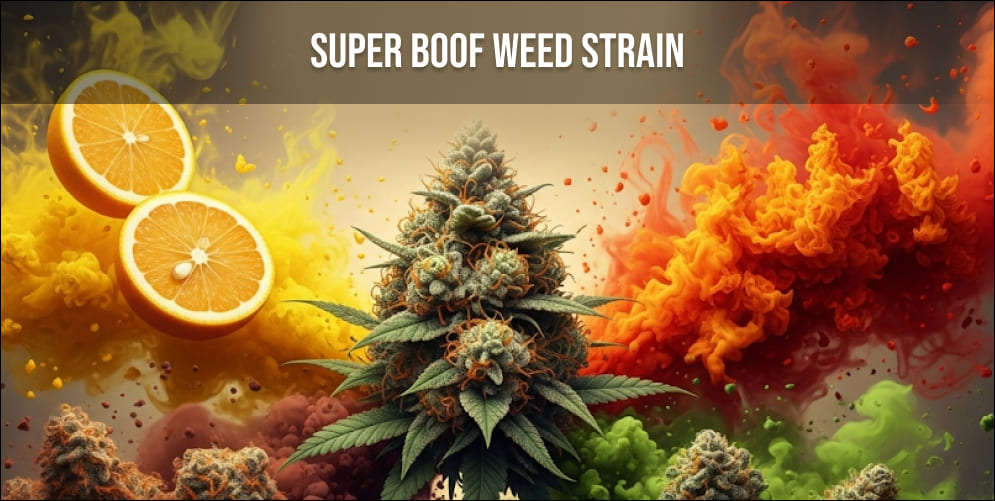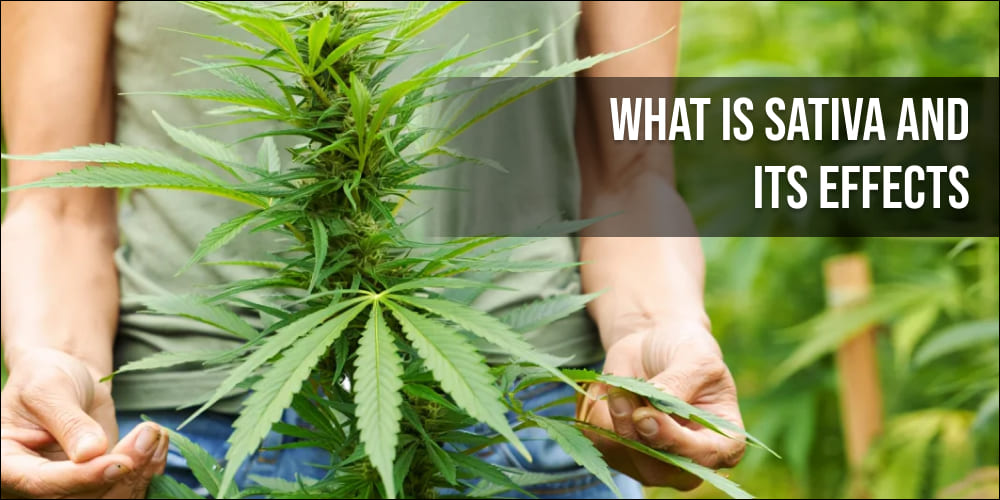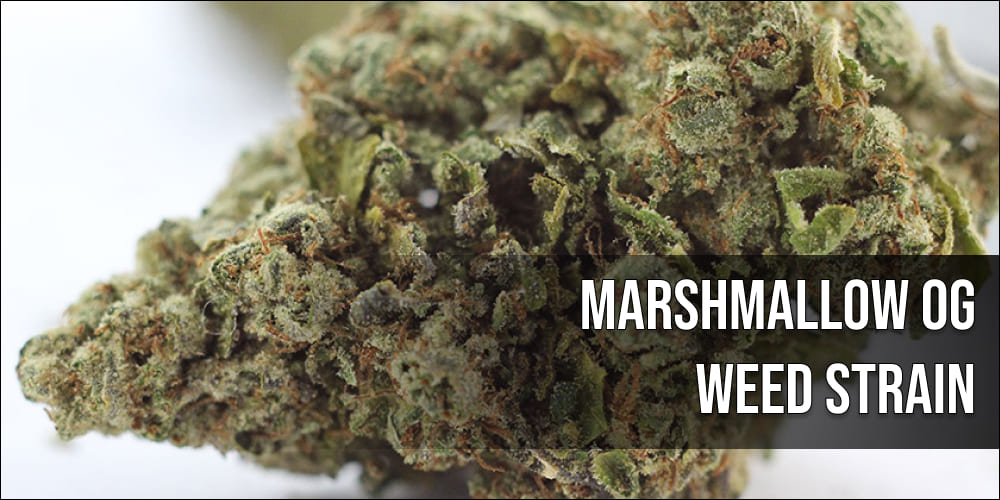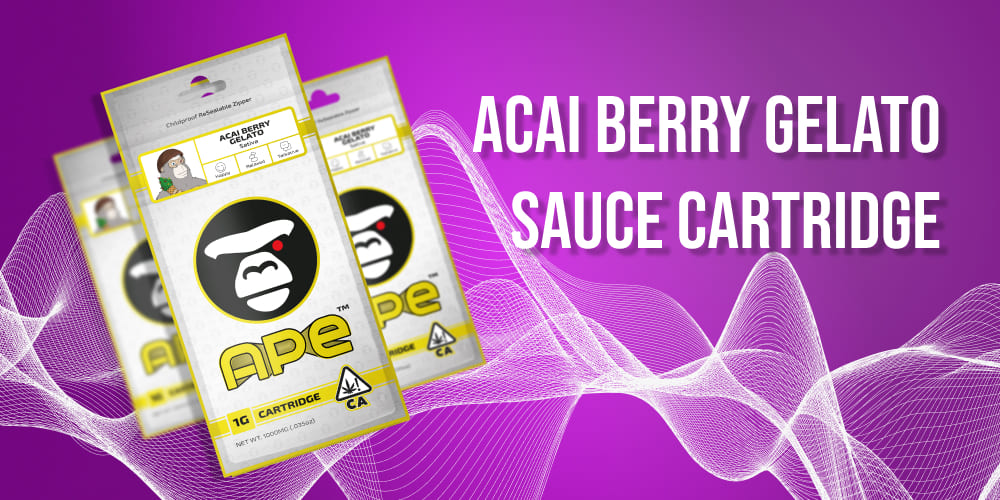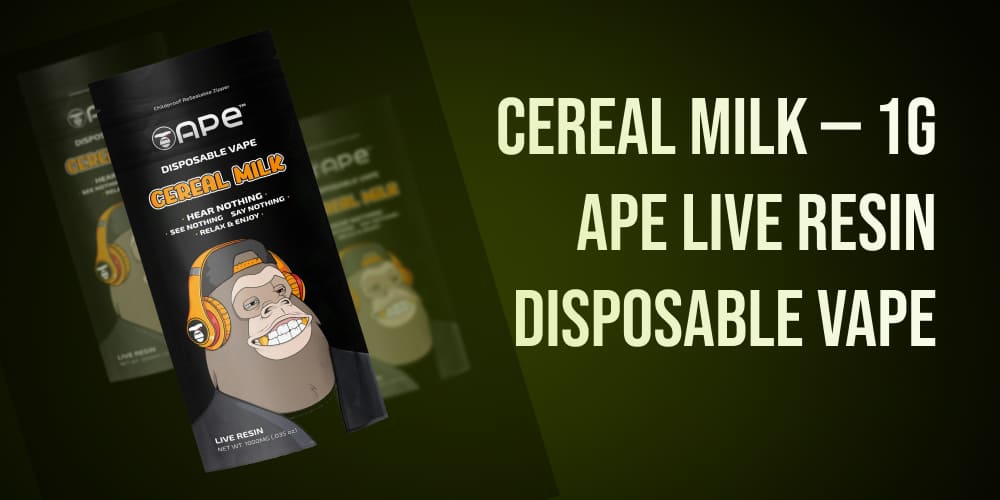Cannabis and Short-Term Memory: The effect of weed on the brain

Exploring the intricate relationship between cannabis and human memory, this article delves into the impact of this complex plant on short-term memory, shedding light on the effect of weed on the brain.
Human memory operates in two distinct realms: short-term memory, responsible for temporarily holding and processing present information, and long-term memory, where knowledge is securely stored over extended periods.
Remarkably, these memory systems are governed by separate sectors of the brain, leading to questions about how cannabis affects them differently.
We’ll embark on a journey to unravel how cannabis, with its array of psychoactive components, influences the intricate mechanisms that dictate how we remember and forget, all while exploring the effect of weed on the brain.
To learn more, we recommend reading these articles:
Short-term and long-term memory

Cannabis, with its array of psychoactive components, exerts a complex influence on human memory, a topic that continues to captivate researchers studying the effect of weed on the brain.
Within the realm of human memory, there exists a fundamental bifurcation: the province of short-term memory, responsible for the temporary storage and processing of present events, and the domain of long-term memory, where information is securely held for extended periods.
This duality becomes especially intriguing when considering the effect of weed on the brain and memory.
Remarkably, these two facets of memory are not governed by a uniform mechanism but are orchestrated by distinct sectors of the hippocampus, a pivotal brain region crucial in understanding the effect of weed on the brain’s memory processes.
An intriguing observation in the realm of memory disorders is that injuries or neurological conditions can selectively impair one type of memory while leaving the other relatively intact, shedding light on the intricate relationship between cannabis and memory, particularly the effect of weed on the brain.
This divergence underscores the notion that short-term and long-term memory are distinct systems, each with its unique characteristics and vulnerabilities.
With this in mind, it becomes crucial to explore how cannabis may impact these distinct memory systems in different ways, further deepening our understanding of the effect of weed on the brain’s intricate memory mechanisms.
How does cannabis use impact short-term memory?

Frequent cannabis users often bear the reputation of being forgetful or absent-minded, and this stereotype isn’t entirely unfounded when we examine the effect of weed on the brain’s memory processes. Research has unequivocally demonstrated that cannabis use exerts a discernible influence on short-term memory.
The key player in cannabis, THC (tetrahydrocannabinol), gains access to the brain by binding to cannabinoid receptor 1 proteins (CB1 receptors), distributed throughout the brain, including the critical hippocampus responsible for memory formation and processing, emphasizing the importance of understanding the effect of weed on the brain’s memory functions.
What makes this interaction noteworthy is that CB1 receptors are intrinsic to the brain’s natural memory formation process.
However, when THC engages these receptors, it disrupts the conventional memory formation sequence, leading to alterations in the effect of weed on the brain’s cognitive functions.
Depending on factors like THC concentration and dosage, the disruption can be quite significant. In some cases, it leads to substantial impairment in memory formation, and in others, it may entirely impede the process, underscoring the intricate relationship between cannabis use and the effect of weed on the brain’s memory functions.
The consequence of this short-term memory disruption is a familiar experience to cannabis users: the difficulty in recalling conversations or actions that transpired during the period of cannabis use, highlighting the immediate and tangible effect of weed on the brain’s memory mechanisms.
These memories are often hazy, incomplete, or occasionally entirely absent, a direct result of cannabis’s impact on short-term memory and its ability to interfere with the creation and retention of immediate memories, further accentuating the effect of weed on the brain’s cognitive processes.
To begin with, considering a reduction in THC consumption can be a prudent choice. One option worth exploring is the Lemon Tree in Sauce Cartridge. This hybrid strain boasts a distinctive fusion of sweet and sour flavors while maintaining a balanced THC content that yields a harmonious high.
Another enticing selection is the Acai Berry Gelato strain, celebrated for its delightful blend of fruity and sweet flavors. This strain, too, features a substantial THC content that offers an uplifting and well-rounded high.
For those seeking alternatives, it’s worth delving into the Sauce Vape Cartridge section, which has witnessed a surge in popularity in recent years. Among the leading contenders in this fiercely competitive arena, APE Premium has garnered significant recognition.
Here’s What The Research Says about the effect of weed on the brain
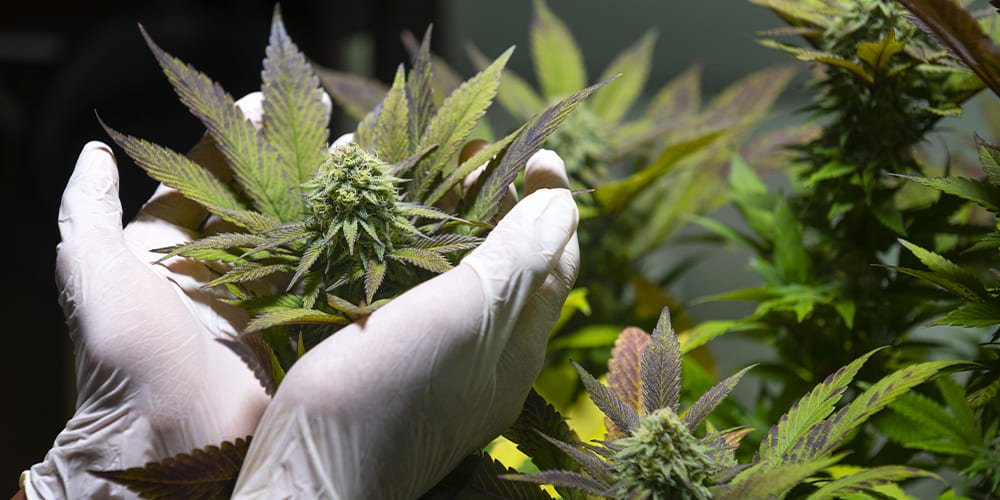
Recent studies have provided insights into the impact of cannabis on memory and cognitive functions. These effects are influenced by the interaction of two key compounds in cannabis: delta 9-tetrahydrocannabinol (THC) and cannabidiol (CBD).
THC is known to effectively bind to cannabinoid receptors in the brain, resulting in euphoric effects. Conversely, CBD counteracts this binding process, reducing the sensation of euphoria.
Different cannabis strains contain varying ratios of THC and CBD. Consumption of cannabis products with high THC and low CBD content has been associated with potential mental health issues, including psychosis. In contrast, CBD holds promise in the treatment of psychosis.
High-THC, low-CBD cannabis strains, particularly among adolescents, have demonstrated a negative impact on short-term memory, affecting the ability to retain and recall information. Fortunately, this memory impairment is typically not permanent.
While some cannabis users experience memory problems, attributing cannabis as the sole cause remains challenging due to potential confounding factors, such as concurrent drug use, notably alcohol. Alcohol misuse is known to induce brain damage and memory loss.
Recent findings indicate that discontinuing cannabis use can potentially reverse memory impairment, especially among regular users. Higher cannabis doses or frequent use may lead to long-term memory issues, influencing learning and concentration.
Conversely, cannabis use later in life (at age 50 and over) appears to have only a moderate impact on cognitive function and memory. Nevertheless, further research is necessary in light of the growing legalization of cannabis.
In summary, research underscores that frequent cannabis use, especially among young individuals, may result in memory and cognitive impairments. The extent of impairment appears correlated with THC and CBD ratios in different strains.
Importantly, discontinuing cannabis use could contribute to the reversal of these memory issues.
In conclusion, the relationship between cannabis and memory is a multifaceted one, with the plant’s effects on short-term memory being a subject of intense research and interest.
As we’ve discovered, frequent cannabis use, especially in younger individuals, can lead to noticeable memory impairments, impacting the ability to retain and recall information.
The interplay between two key cannabis compounds, THC and CBD, plays a pivotal role, with high-THC, low-CBD strains showing a more pronounced effect on short-term memory.
However, the good news is that discontinuing cannabis use can often reverse these memory issues.
While much has been learned, ongoing research remains crucial, particularly in the context of the expanding legalization of cannabis, to fully understand the intricate dynamics between this remarkable plant and the complexities of human memory.

